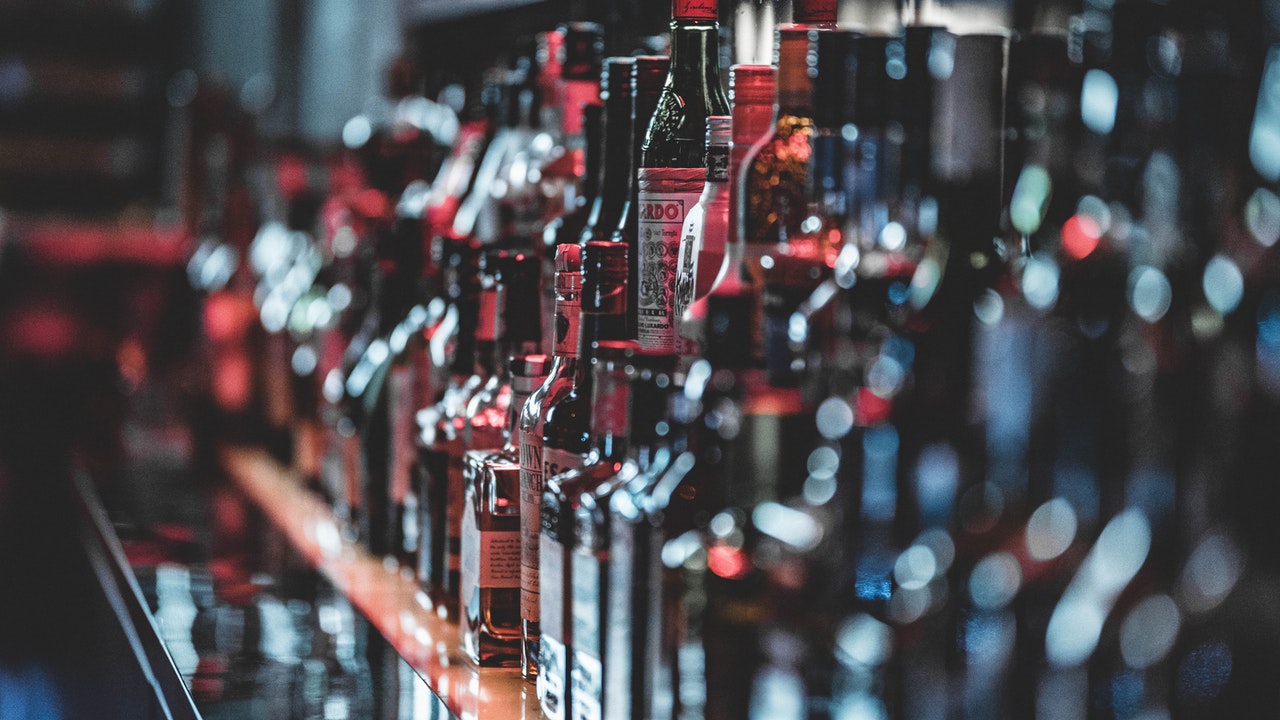The defence of extreme self-intoxication has been an ongoing issue of debate in Canada, particularly when it comes to violent crimes such as sexual assault. In the blog below, we’ll be taking a look at recent changes related to the defence of self-intoxication in light of R. v. Sullivan 2020 ONCA 333, a case which will soon be heard by the Supreme Court of Canada (“SCC”). The SCC will be deciding whether to uphold the decision of the Ontario Court of Appeal which ruled that section s. 33.1 of the Criminal Code, which prevents extreme self-intoxication from being used as a defence for assault and other violent offences, is unconstitutional.
Defence of Voluntary Self-Intoxication and Automatism
It’s important to understand what qualifies as extreme self-intoxication before considering whether this can be used as a defence. A typical instance of being intoxicated (whether it be a case of “heavily drunk” or “incredibly stoned” from alcohol or drugs, respectively) will not cut the mustard. The defendant in question must be intoxicated to the point of what’s known as “automatism”. This is a term that, broadly speaking, refers to when someone’s body is doing something but the mind has no knowledge or idea of what it is doing, and most importantly, has no control over it. This qualifies as a defence for many criminal charges (particularly those which claim the criminal act was intentional) because if the individual has no voluntary control over their actions, they lack the criminal intent (also known as the “mens rea”) necessary to be considered guilty of the crime.
There were two cases heard by the Ontario Court of Appeal with R. v. Sullivan, one which concerned a man who had taken a large dose of prescription drugs in a suicide attempt, and another who consumed a large dose of “magic mushrooms”. In both cases, the men in question voluntarily intoxicated themselves and committed acts of violence against family members. In both cases, the accused claimed they were not in control of their actions due to how extremely intoxicated they were and thus in a state of automatism. With the existence of s.33.1 of the Criminal Code, both defendants were prevented from relying upon autonomism as a defence that would allow them to be acquitted since that clause specifically prohibits people from using self-induced automatism resulting from voluntary intoxication as a defence for violent offences committed against other persons.
Charter Infringement
The Ontario Court of Appeal in R. v. Sullivan ruled that s.33.1 of the Criminal Code is unconstitutional, infringing both s.7 and s. 11 (d) of the Charter. The sections relate to the right to a fair trial and the “principles of fundamental justice”. As the Court pointed out in their decision, s.33.1 permits for the conviction of individuals for violent crimes even if the Crown prosecutors are unable to prove all of the elements – in this case, the voluntary, mental intent – of the crime. This made the section contrary to both the presumption of innocence (and thus the right to a fair trial) and what the Charter terms “fundamental justice” (which basically means a legal principle that is considered fundamental to how a fair legal system should operate). This resulted in the convictions in question for both defendants being overturned.
The Crown has appealed to the SCC, so the issue is not fully settled at this time. The SCC will in effect be faced with a choice in either upholding the Ontario Court of Appeal decision or upholding the constitutionality of s.33.1 of the Criminal Code.
This decision has caused much consternation and discussion among legal commentators and advocacy groups since it was released, with some fearful that the decision means intoxication is now a defence to sexual assault or other violent crimes. The SCC ruling on the case will be keenly anticipated which we will keep an eye on in this blog. However, it is useful to understand and remember that should the SCC affirm the Ontario Court of Appeal decision, typical cases of drunken or drug-induced behaviour will not suddenly become a new defence to excuse one’s conscious actions. We’re talking about extreme instances of intoxication, where a defendant can literally prove that he or she was not in voluntary control of his or her actions. This isn’t something that an accused person can merely claim, it is something that they have to prove. Although our criminal justice system operates on the presumption of innocence, the defence of automatism typically comes into play after the facts and evidence in the trial have already confirmed that the accused has actually committed the criminal offence in question. At that point, the onus to prove that the act was committed while in that extremely intoxicated state is on the defendant, something that an accused person can likely only do with the help of a skilled and experienced criminal defence counsel.
Our criminal defence lawyers can advise on how best to protect your rights and defend you in court, including for cases where automatism is an available defence. We defend individuals charged with a variety of offences, including violent offences, drug offences, weapons offences, fraud and homicides. Contact Hicks Adams in downtown Toronto to discuss the options available to help you through this time. Call us at 416-975-1700 or contact us online to schedule a confidential consultation.


